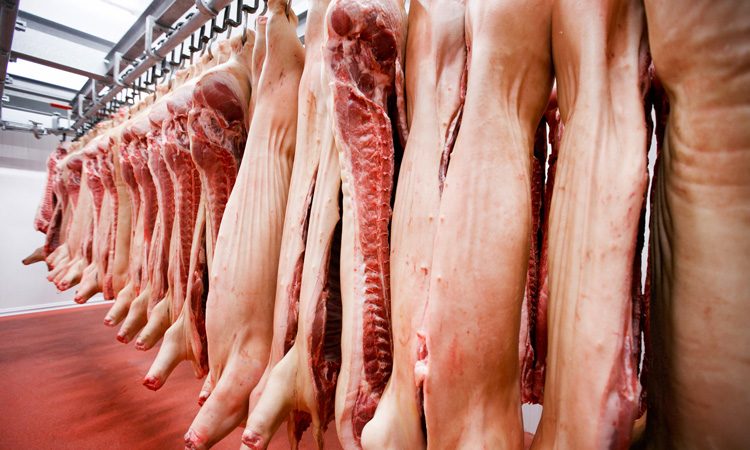USDA updates Swine Slaughter Inspection
Posted: 24 September 2019 | Sam Mehmet (New Food) | No comments yet
The final rule updates swine slaughter inspection for the first time in over 50 years.


The US Department of Agriculture’s (USDA) Food Safety and Inspection Service (FSIS) is altering inspection routines at market hog slaughter establishments with a goal of protecting public health while allowing for food safety innovations.
“The final rule is the culmination of a science-based and data-driven rule making process which builds on the food safety improvements made in 1997, when USDA introduced a system of preventive controls for industry. With this rule, FSIS will finally begin full implementation of that programme in swine establishments,” said Secretary Sonny Perdue.
The final rule has new requirements for microbial testing that apply to all swine slaughterhouses to demonstrate that they are taking measures to prevent foodborne illness, throughout the entire slaughter system. Slaughter establishments must also develop written sanitary dressing plans.
FSIS is amending its meat inspection regulations to establish a new system for market hog establishments called the New Swine Slaughter Inspection System (NSIS). The amendment allows market hog establishments to choose if they will operate under NSIS or continue under traditional inspection.
FSIS will continue to conduct 100 percent inspection of animals before slaughter and 100 percent carcass-by-carcass inspection, as mandated by Congress. FSIS inspectors will also retain the authority to stop or slow the line, as necessary, to ensure that food safety and inspection are achieved. Under the NSIS, FSIS offline inspectors will conduct more food safety and humane handling verification tasks to protect the food supply and maintain animal welfare.
Related topics
Food Safety, Health & Nutrition, Hygiene, Pathogens, Regulation & Legislation









